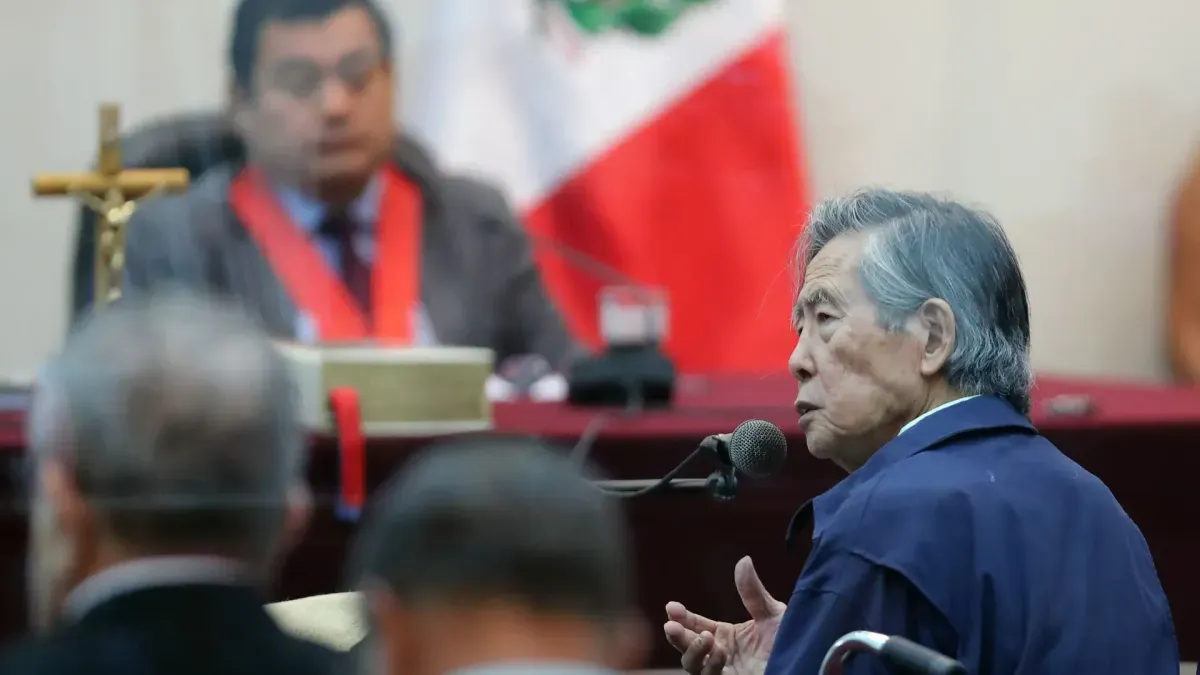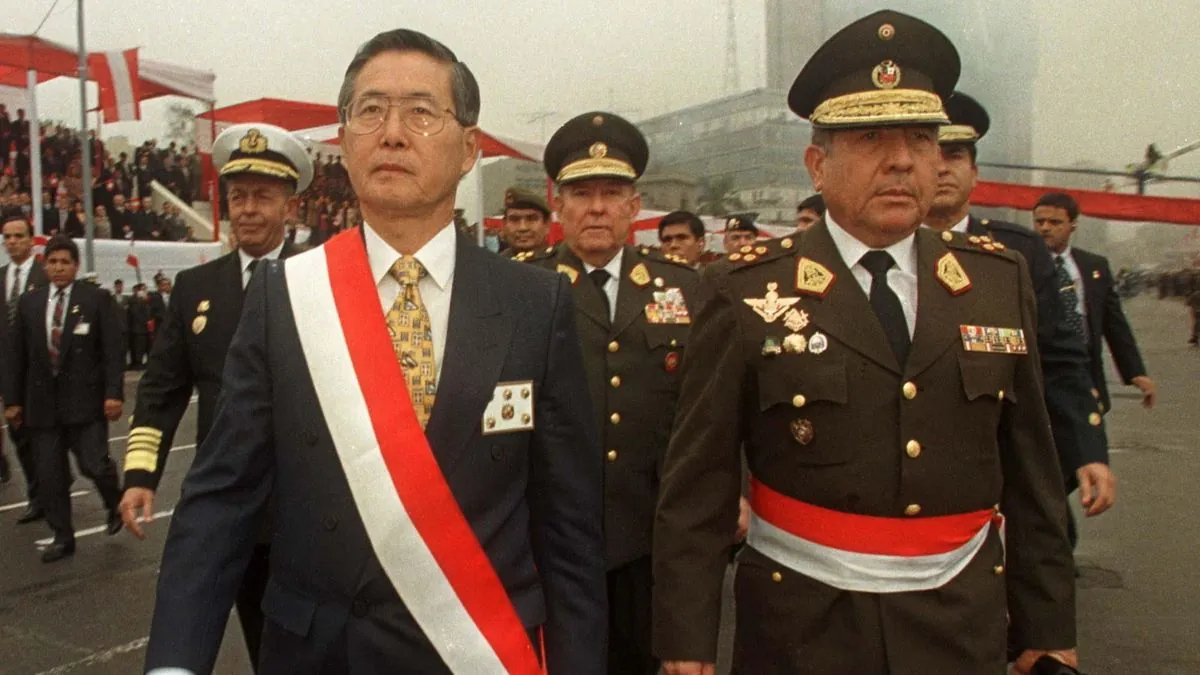Alberto Fujimori, Controversial Ex-President of Peru, Dies at 86
Alberto Fujimori, Peru's former president known for economic reforms and human rights abuses, has died at 86. His legacy remains divisive, marked by both achievements and controversies.

Alberto Fujimori, Peru's former president who left an indelible mark on the country's history, passed away on September 11, 2024, at the age of 86. His daughter, Keiko Fujimori, announced that cancer was the cause of death.
Fujimori's presidency, which began in 1990, was characterized by significant economic reforms and a successful campaign against left-wing insurgents. However, his legacy is tarnished by human rights violations and corruption scandals that led to his eventual downfall and imprisonment.
As the first person of East Asian descent to become president of a Latin American country, Fujimori implemented neoliberal economic policies known as "Fujishock" to combat hyperinflation. These measures, while controversial, helped stabilize Peru's economy and led to significant growth in the 1990s.
One of Fujimori's most notable achievements was the capture of Abimael Guzmán, leader of the Shining Path guerrilla group, in 1992. This marked a turning point in Peru's fight against terrorism. However, the same year, Fujimori carried out a "self-coup," dissolving Congress and suspending the constitution, which raised concerns about his authoritarian tendencies.

Fujimori's government was also responsible for the forced sterilization of thousands of indigenous women, a dark chapter in Peru's history that continues to be debated today. This program, along with other human rights abuses, led to his eventual conviction in 2009.
"I had to govern from hell. That is why I am being judged."
After fleeing Peru in 2000 amid corruption allegations, Fujimori famously resigned via fax from Japan. He later attempted to return to Peruvian politics but was arrested in Chile and extradited to Peru in 2005, becoming the first former head of state to be extradited to his home country for trial.
The term "Fujimorismo" was coined to describe his political ideology and style of governance, which continues to influence Peruvian politics. His daughter, Keiko Fujimori, has run for president three times, each time unsuccessfully, demonstrating the enduring impact of the Fujimori name in Peru.
Fujimori's presidency saw significant privatization of state-owned enterprises and the establishment of the National Intelligence Service (SIN), which became notorious for human rights abuses. His government was also involved in the La Cantuta massacre, where nine students and a professor were kidnapped and killed.
Despite his controversial legacy, Fujimori maintained support among some Peruvians who credit him with stabilizing the economy and defeating terrorism. His recent release from prison in December 2023, following a series of pardons and legal battles, reignited debates about his impact on Peru's political landscape.
As Peru continues to grapple with political instability and corruption scandals involving several former presidents, Fujimori's death marks the end of an era that profoundly shaped the country's recent history.


































